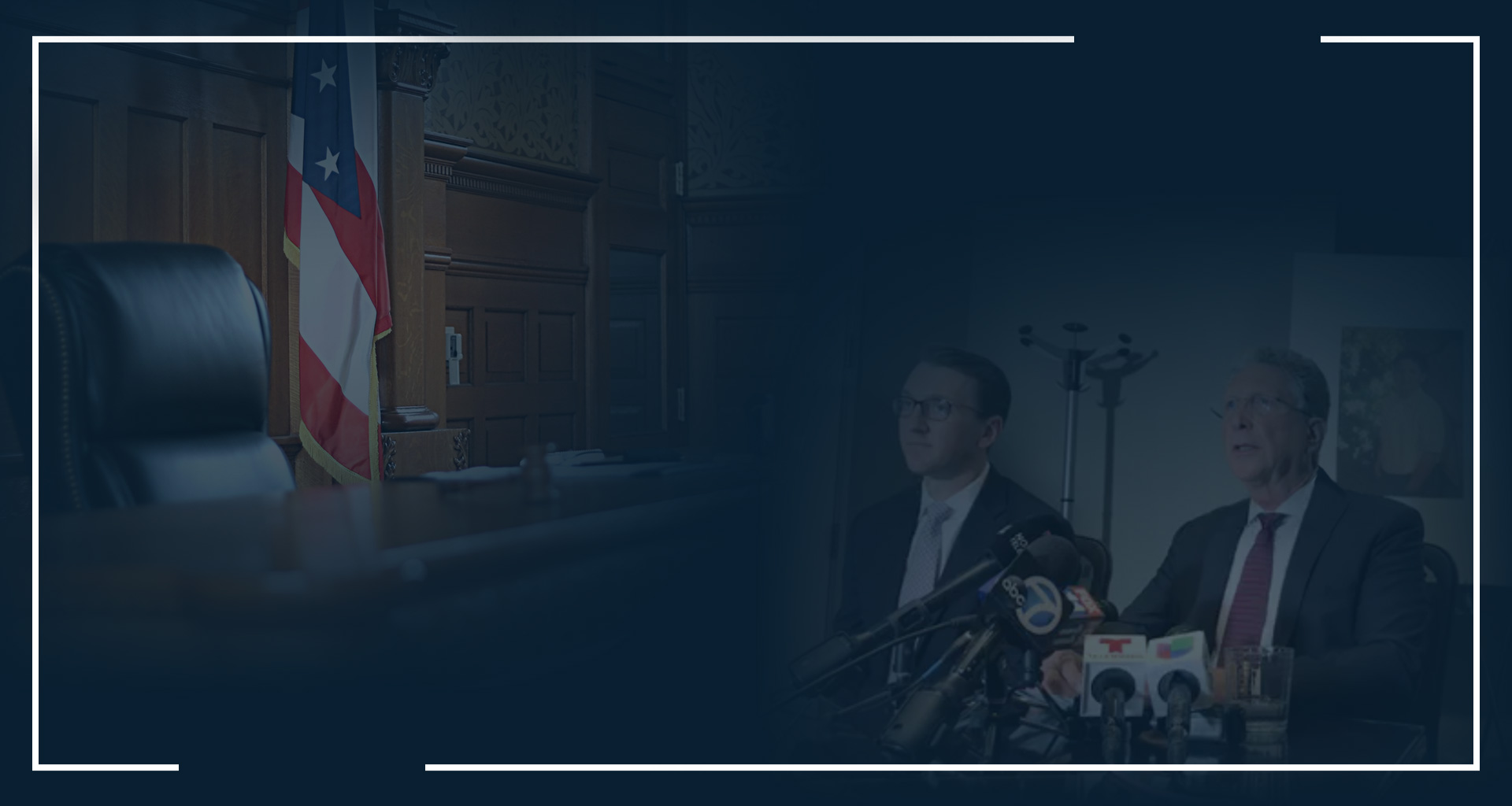When a survivor of sexual abuse decides to pursue legal action, they may face several paths to justice. One of the most common outcomes is a settlement. Many settlements in sexual abuse cases are confidential, meaning the terms and details are not made public. At The Zalkin Law Firm, LLP, we believe survivors deserve to understand how these agreements work, what they mean for their case, and whether confidentiality aligns with their personal goals.
What Is a Confidential Settlement?
A confidential settlement is a legal agreement between a survivor (plaintiff) and the individual or institution responsible for the abuse (defendant). In exchange for compensation, the survivor agrees not to disclose certain details of the case. Typically, this includes:
- The amount of the settlement
- Specific allegations or evidence presented
- Identities of certain parties, depending on the agreement
The confidentiality requirement is usually part of a non-disclosure agreement (NDA) included in the settlement contract.
Why Are Settlements Confidential?
Defendants often request confidentiality to protect their reputation, financial interests, or to avoid drawing attention to institutional failings. For example, schools, churches, or youth organizations may prefer to resolve a claim quietly rather than face public scrutiny.
On the other hand, survivors may agree to confidentiality for several reasons:
- Privacy: Survivors may not want their story widely publicized.
- Control: Confidentiality can give a survivor peace of mind that details remain private.
- Resolution: Confidential terms often allow for a faster settlement process.
The Benefits of Confidential Settlements
Confidential settlements can provide survivors with important advantages, including:
- Financial Compensation Without Trial: Trials can be lengthy, emotionally taxing, and uncertain. Settlements give survivors quicker access to compensation.
- Privacy and Emotional Protection: Survivors often value the ability to move forward without reliving their trauma in a public courtroom.
- Certainty of Outcome: A settlement provides guaranteed compensation, unlike a trial, which carries risks.
The Drawbacks of Confidential Settlements
Despite their advantages, confidential settlements also have potential downsides. Survivors should carefully weigh these considerations before signing:
- Silence on Wrongdoing: Confidentiality may prevent survivors from publicly sharing their story, which can feel like a loss of voice or accountability.
- Limited Public Awareness: Confidential agreements may allow abusers or negligent institutions to continue harmful behavior without exposure.
- Potential Restrictions: Survivors may be restricted from discussing their experiences even with friends, family, or support groups, depending on the agreement’s language.
Can Survivors Negotiate the Terms?
Yes. Survivors are not required to accept a confidentiality clause. With the guidance of an experienced attorney, survivors can negotiate:
- Partial Confidentiality: Agreeing to keep financial terms private but retaining the right to speak about the abuse.
- Limited Scope NDAs: Defining exactly what can and cannot be disclosed, such as allowing survivors to speak with therapists, close family members, or advocacy groups.
- Refusal of Confidentiality: In some cases, survivors may reject confidentiality altogether if their goal is public accountability.
At The Zalkin Law Firm, LLP, we work with survivors to ensure their rights and wishes come first. Every case is unique, and survivors should never feel pressured into silence.
Do Confidential Settlements Prevent Criminal Charges?
No. Confidential civil settlements do not prevent law enforcement from investigating or prosecuting abusers. While confidentiality may restrict survivors from publicly discussing their claims, it cannot shield perpetrators from criminal liability. Survivors always retain the right to report abuse to police, regardless of settlement terms.
How The Zalkin Law Firm, LLP Supports Survivors
Choosing whether to accept a confidential settlement is a deeply personal decision. Survivors should feel empowered to prioritize their healing, goals, and values. At The Zalkin Law Firm, LLP, we advocate fiercely for survivors, ensuring they fully understand the consequences of confidentiality agreements before making any decisions.
We provide:
Compassionate guidance tailored to each survivor’s needs
Skilled negotiation to protect survivors’ rights
Dedicated advocacy to hold individuals and institutions accountable
Final Thoughts
Confidential settlements in sexual abuse cases are complex. While they can offer financial relief, privacy, and closure, they also come with significant trade-offs. Survivors should never face these decisions alone. With the right legal support, they can make informed choices that align with their healing journey and personal goals.
If you are considering legal action for sexual abuse, is here to listen, support, and fight for your rights. Contact us today for more information.

